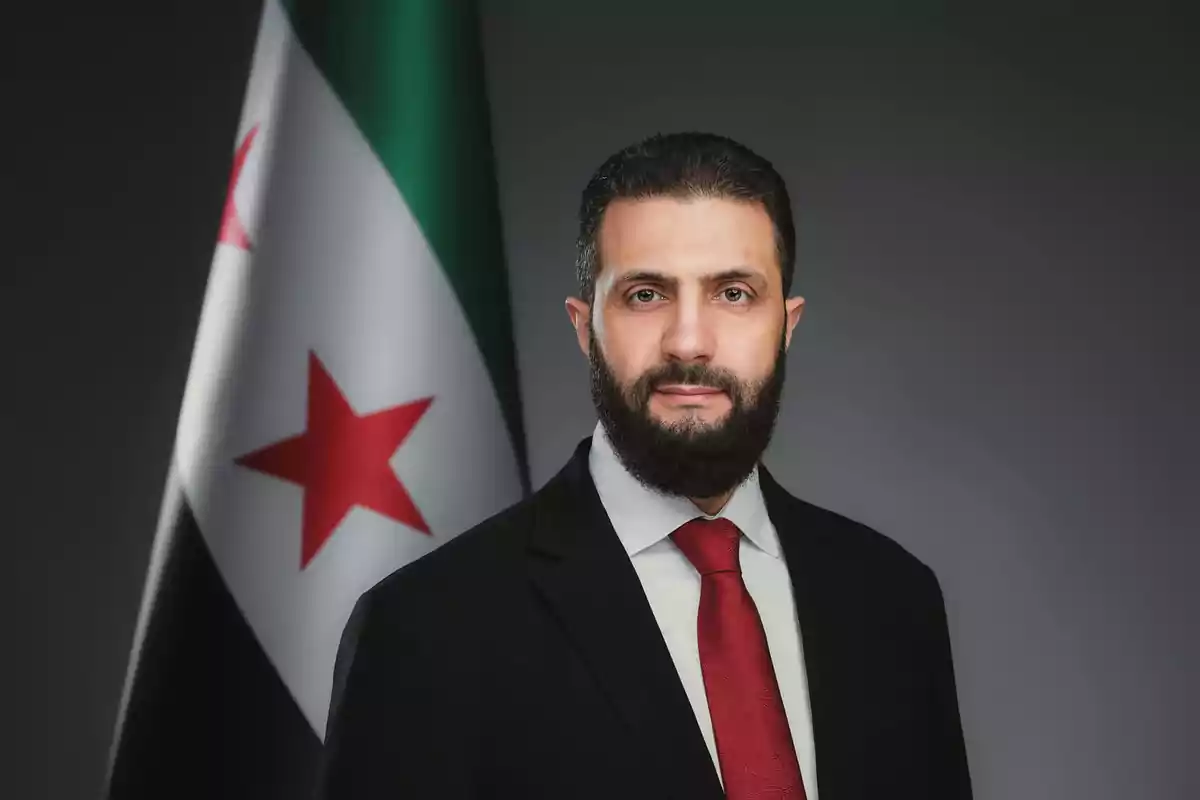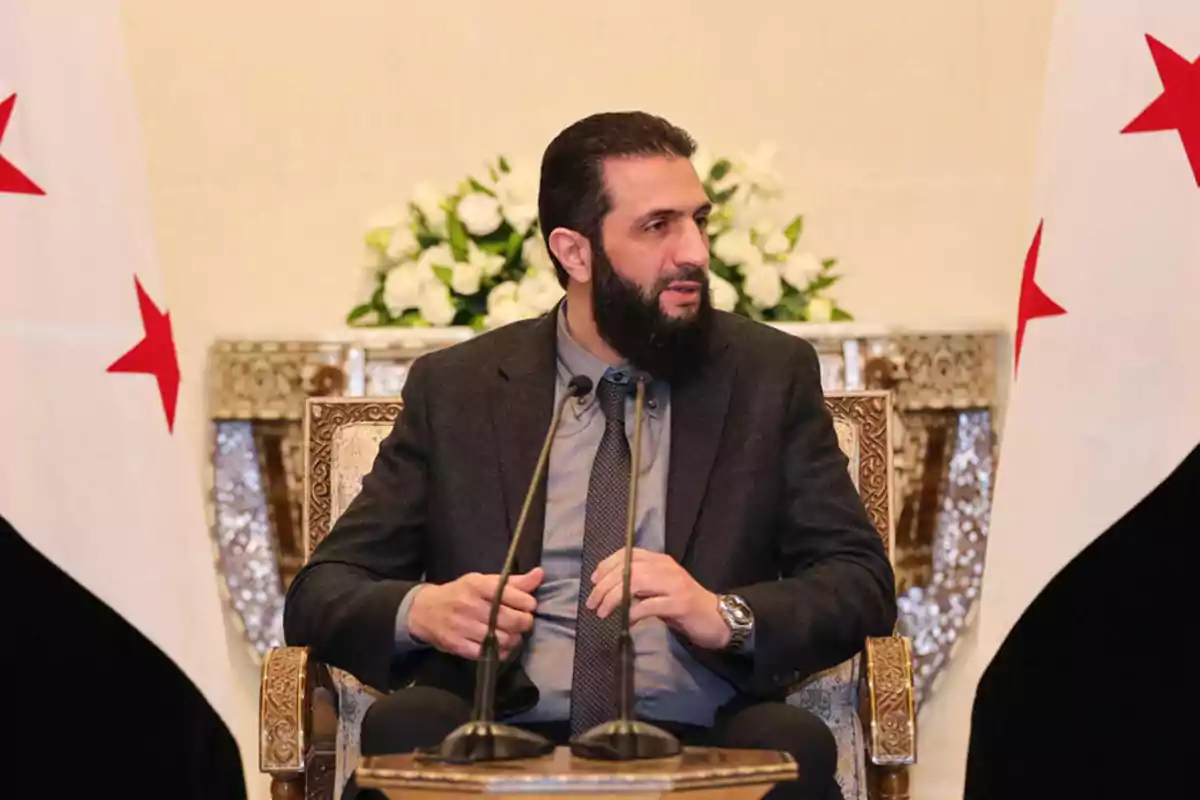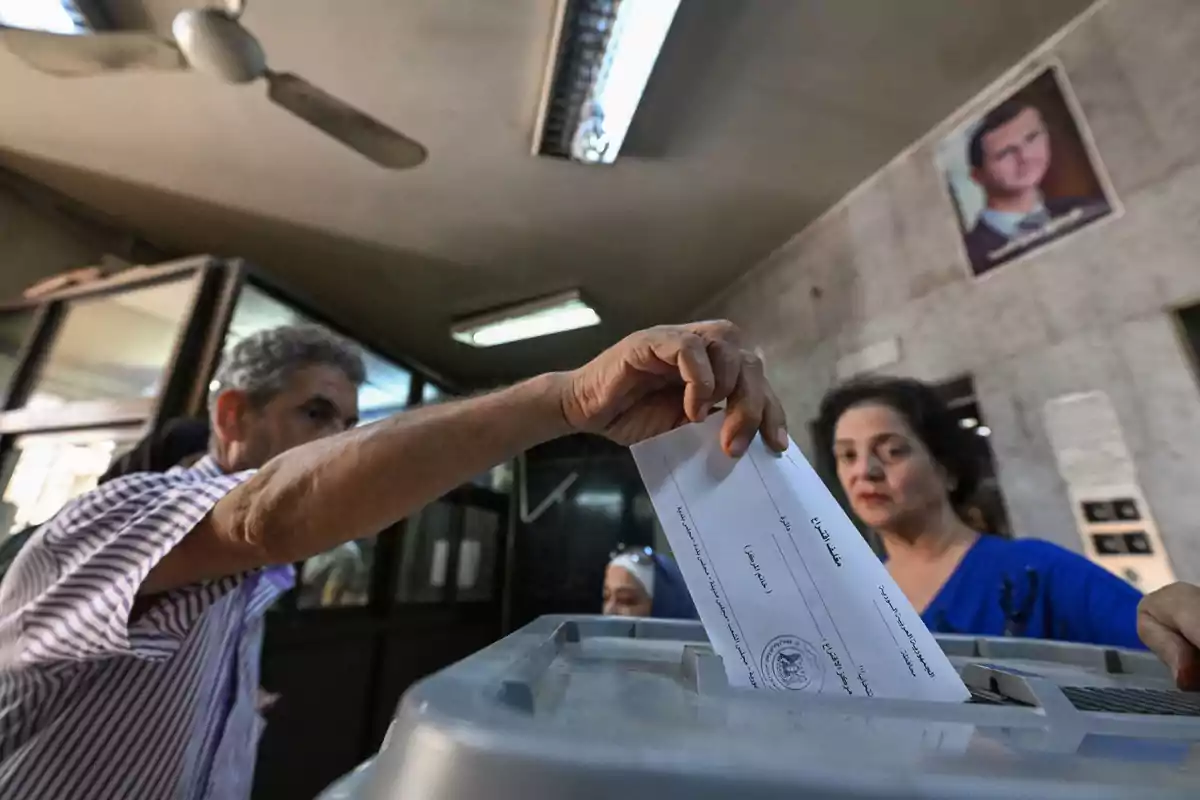
The Syrian regime announced the holding of parliamentary elections in September.
One third of the seats will be appointed by Ahmed al-Sharaa, and the rest will be chosen by popular vote
Syria will hold its first legislative elections under the new administration, led by Ahmed al-Sharaa, in September, according to an announcement made this Sunday by the official responsible for organizing the elections, in statements to state media.
Mohammed Taha al-Ahmad, president of the Supreme Committee for People's Assembly Elections, informed the official SANA agency that the elections will take place between September 15 and 20.
In June, a presidential decree by al-Sharaa established the creation of a committee of 10 members to supervise the formation of local electoral authorities, with the goal of electing a new legislative body.

These elections will be the first to be held under the new provisional government led by President Ahmed al-Sharaa, who assumed power after the overthrow of dictator Bashar al-Assad, following a lightning offensive by rebel forces in December.
Recently, the Syrian executive modified the electoral legislation, increasing the number of seats in parliament from 150 to 210. One third of those seats will be appointed directly by al-Sharaa, while the rest will be filled through voting.
In a recent interview with Erem News, Hassan al-Daghim, another member of the electoral committee, stated that a polling center will be set up in each of Syria's provinces to elect the corresponding representatives.
The Syrian government committed to ensuring inclusive representation and announced that it will allow the presence of international observers to supervise the work of the committees in charge of the electoral process.

According to the authorities, areas not under government control, including those administered by the Kurds in the north of the country and the Druze province of Sweida, will continue to have seats assigned in proportion to their population.
The new Assembly is expected to serve as a starting point for a broader democratic process, although critics argue that adequate participation of minorities is still not guaranteed.
Among its main responsibilities will be the approval of key laws aimed at reviewing decades of socialist economic policies, as well as the ratification of treaties that could redefine Syria's international alliances.
In March, President Ahmed al-Sharaa signed a provisional constitution that established the formation of a People's Committee with parliamentary functions until a definitive constitution is enacted and general elections are held, a process that could take years.
More posts: